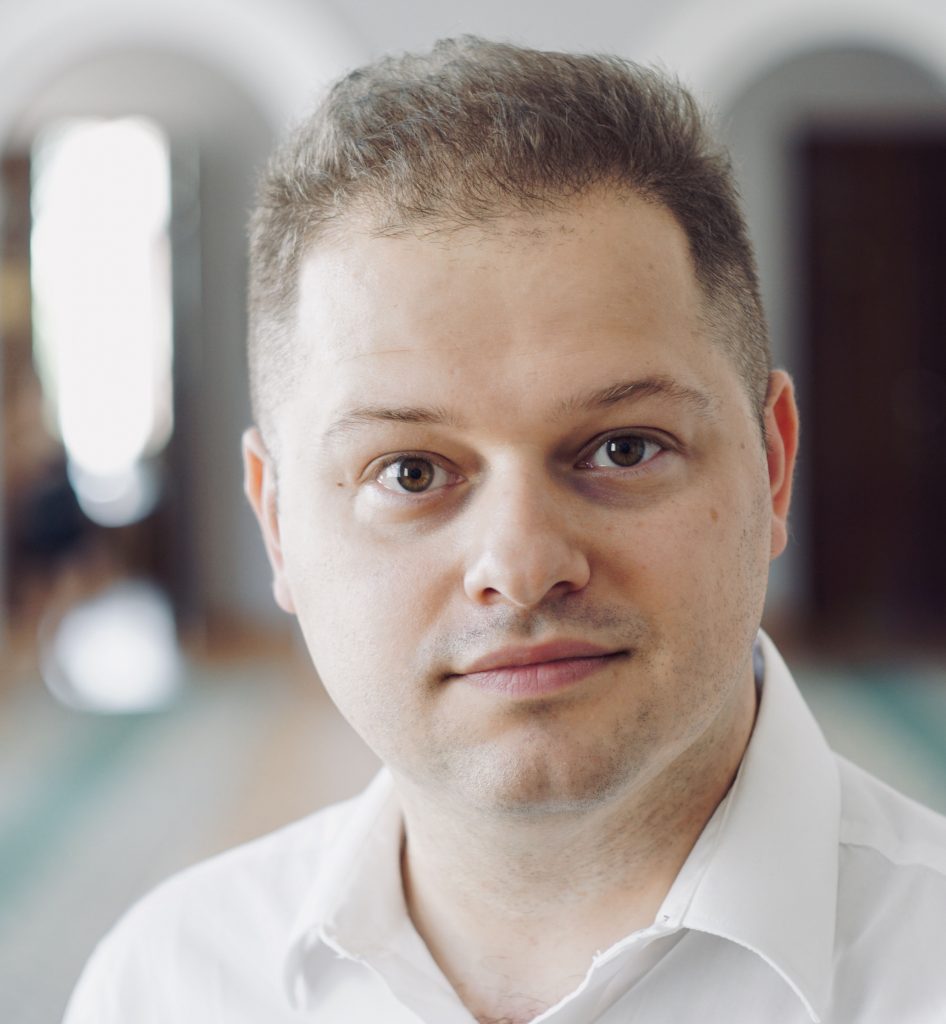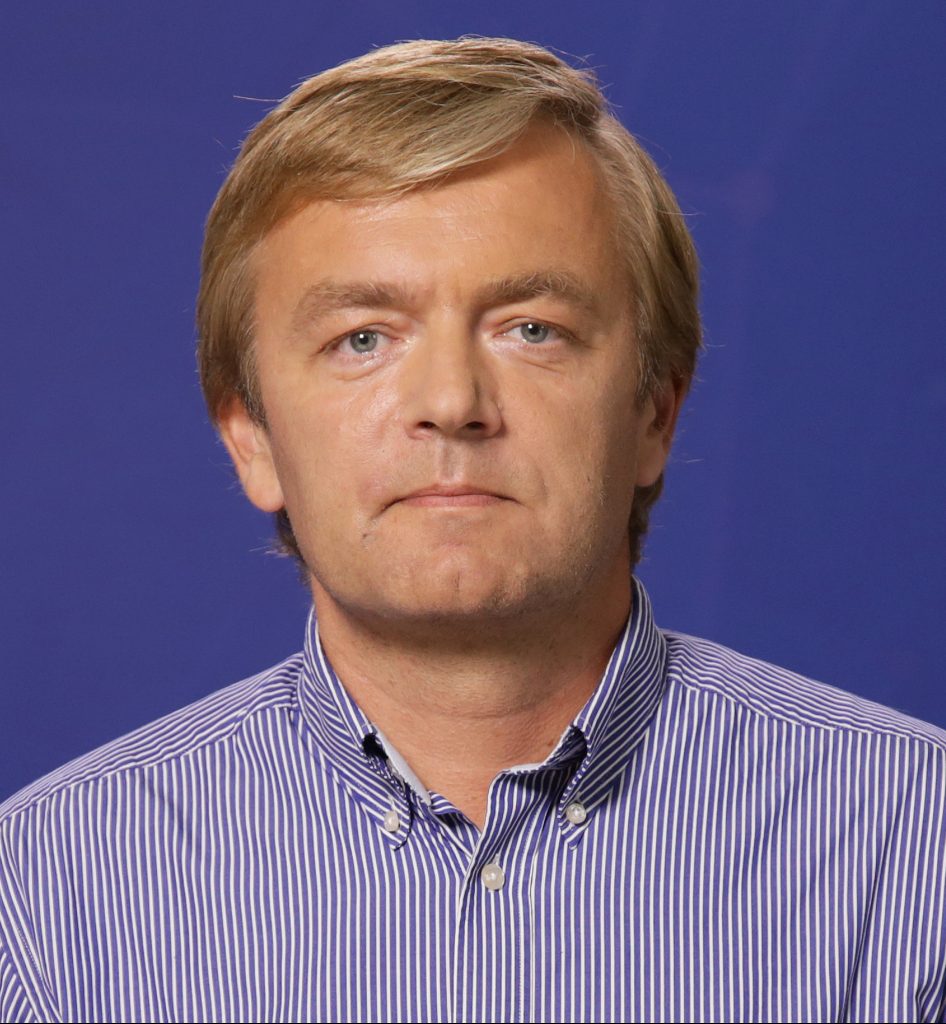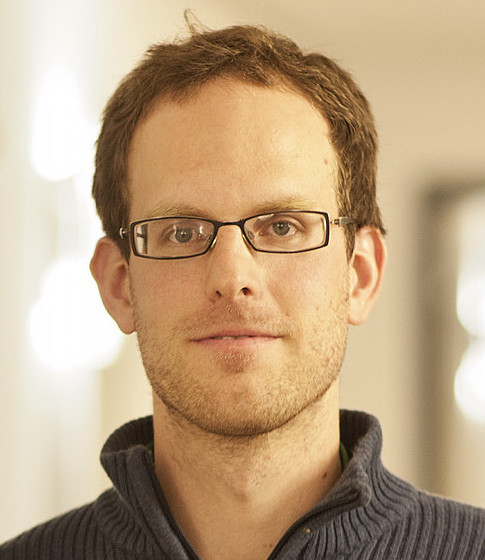International and National Responses to the Russian Orthodox Church’s Support of Putin’s War in Ukraine

Dmytro Vovk is a visiting associate professor at Benjamin N. Cardozo School of Law. The following post is based on his remarks at the ICLRS 31st Annual International Law and Religion Symposium, 8 October 2024.
In July 2021, Russian president Vladimir Putin published an article “On the Historical Unity of Russians and Ukrainians.” The article, which many now consider to be a prologue to or a sign of preparation for the full-scale invasion of Ukraine, contains the following passage:


